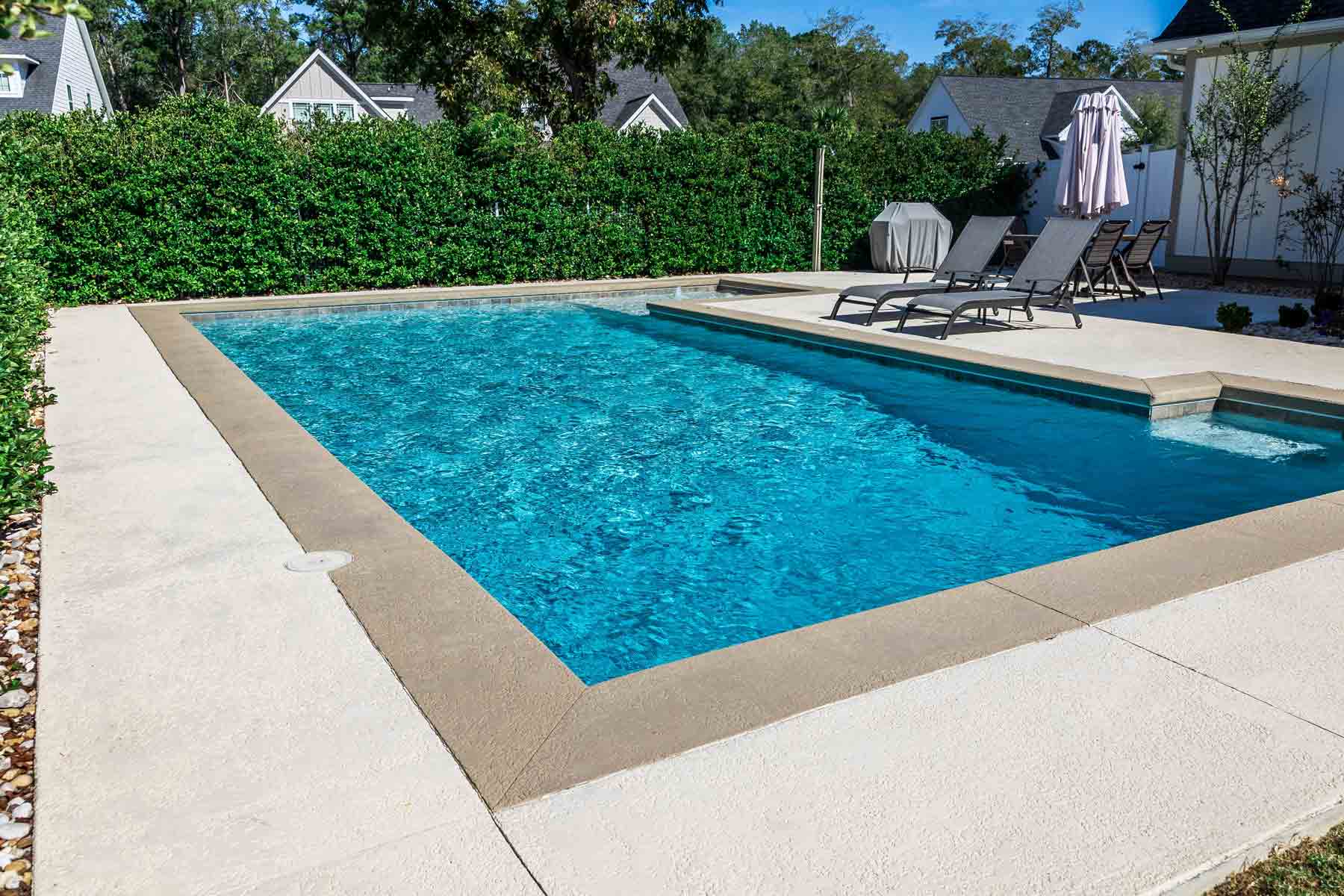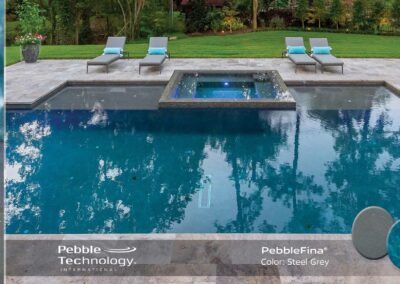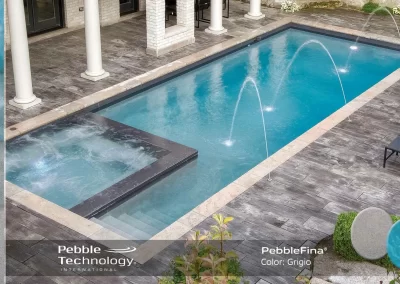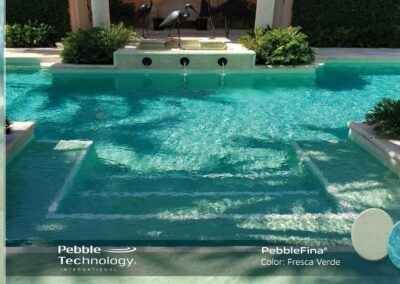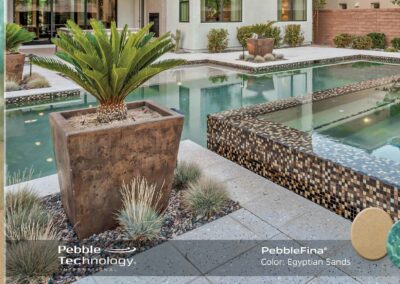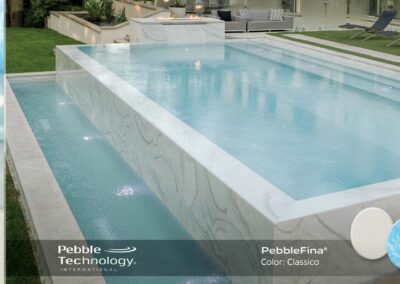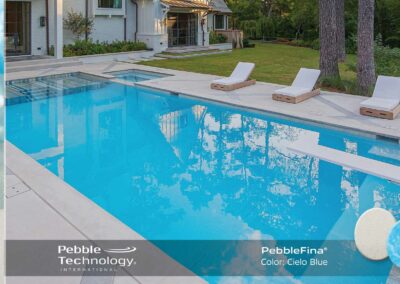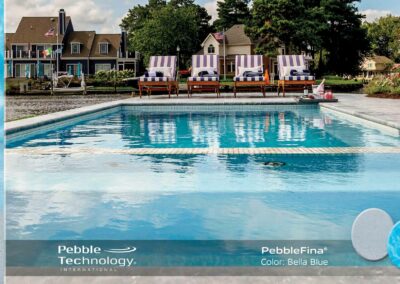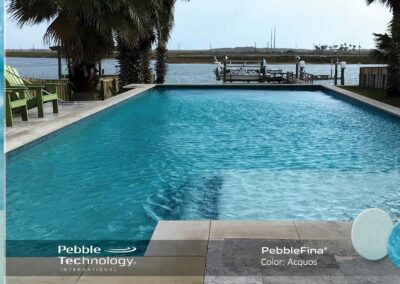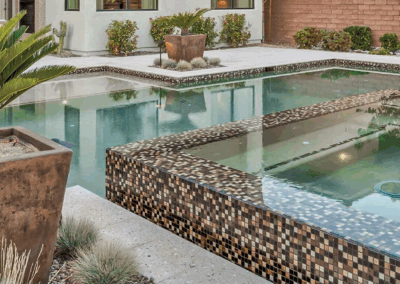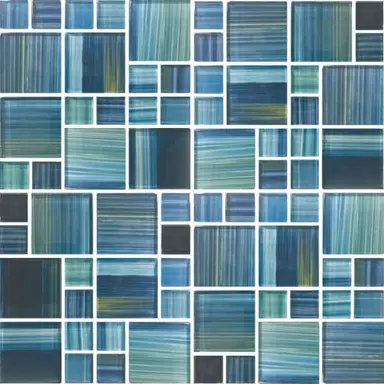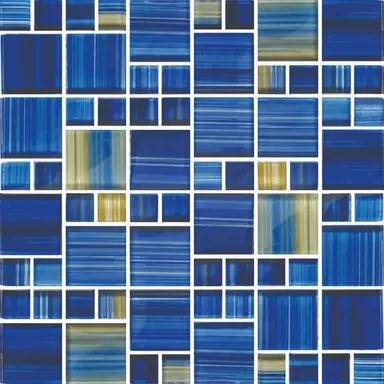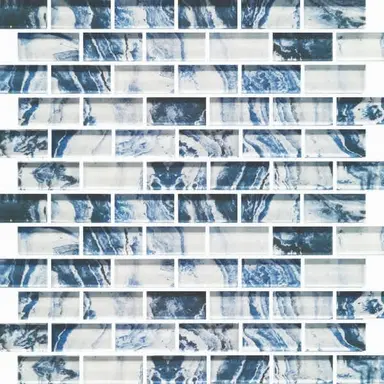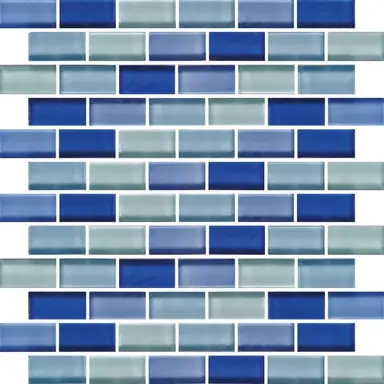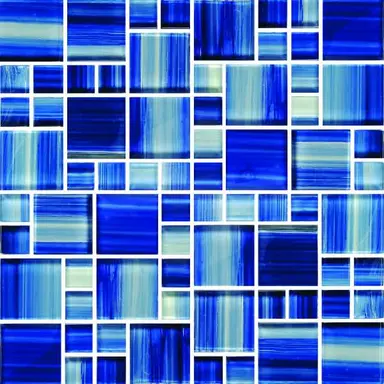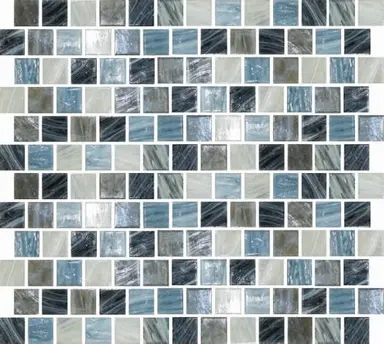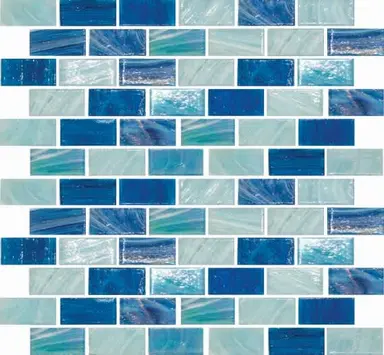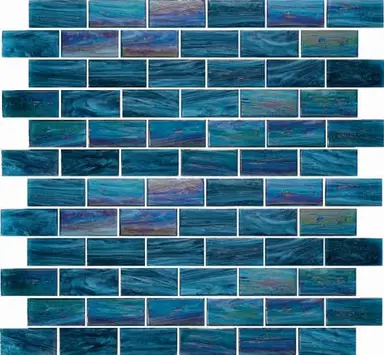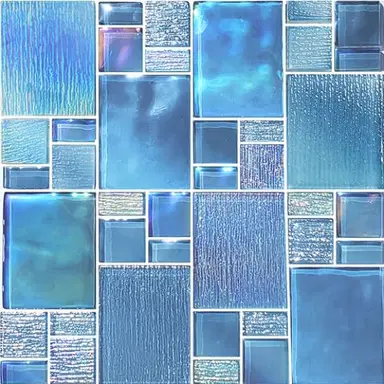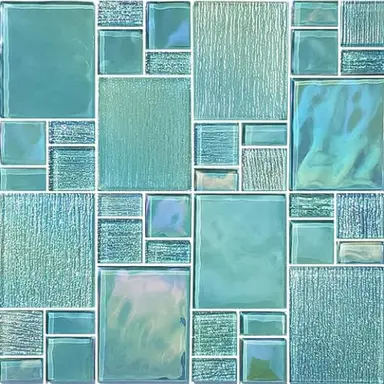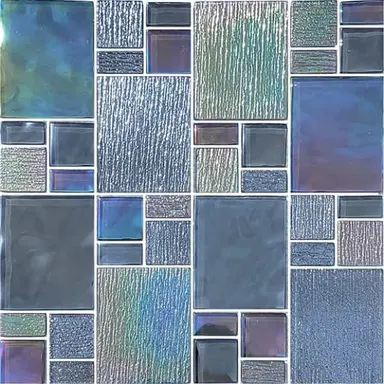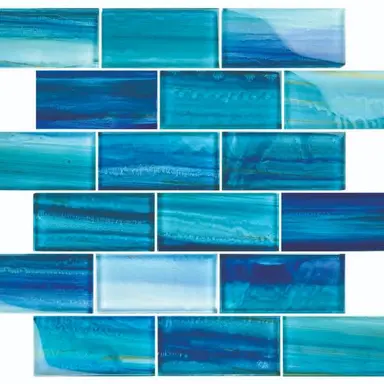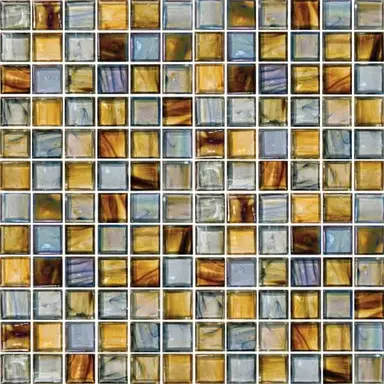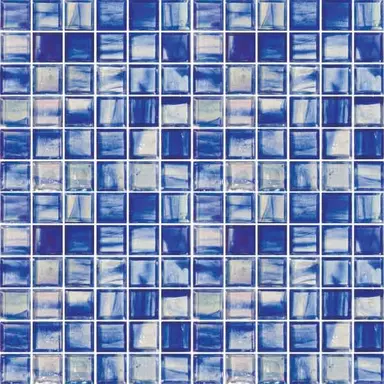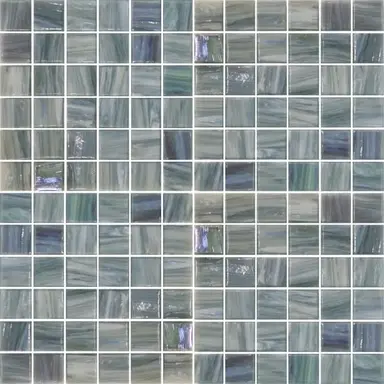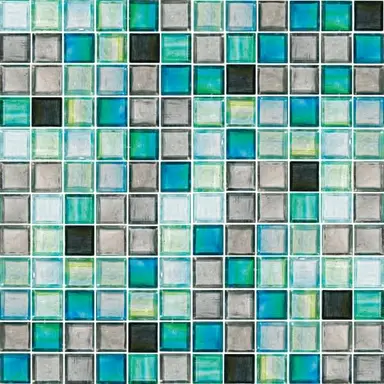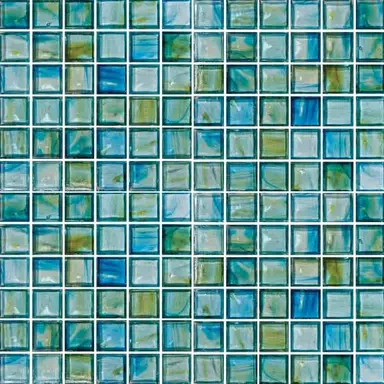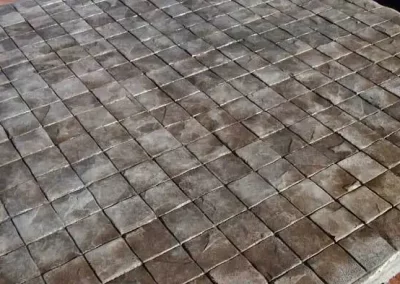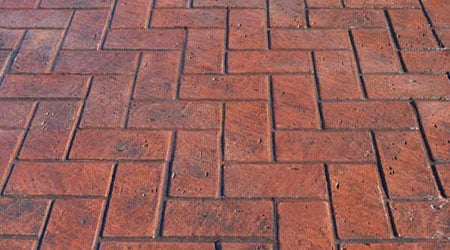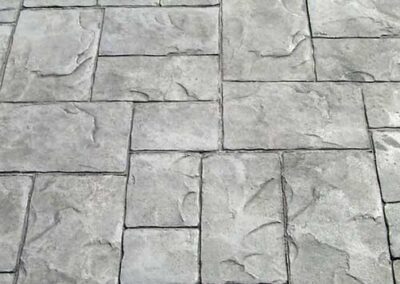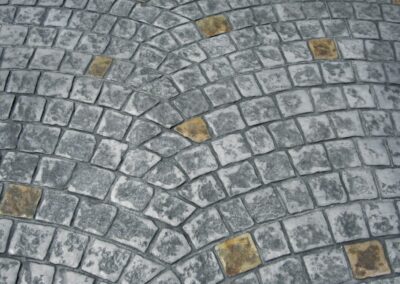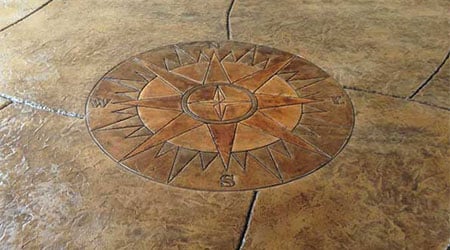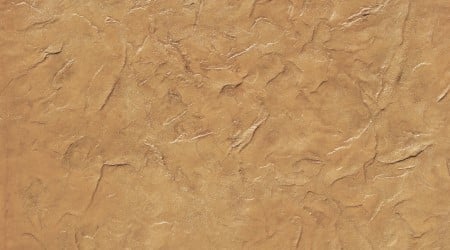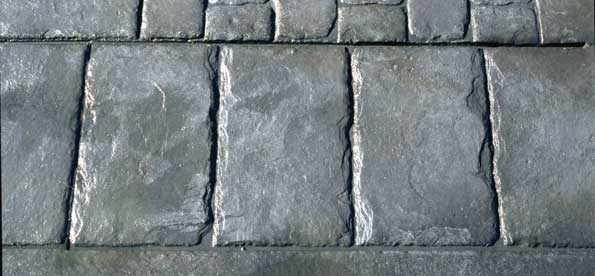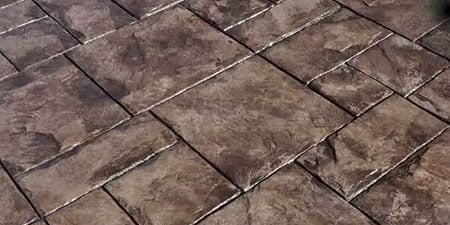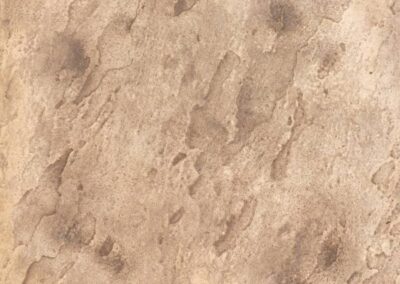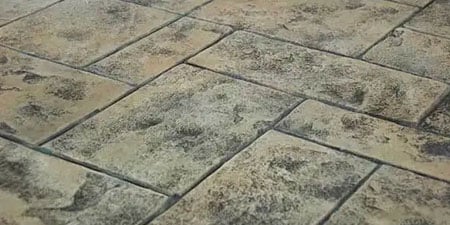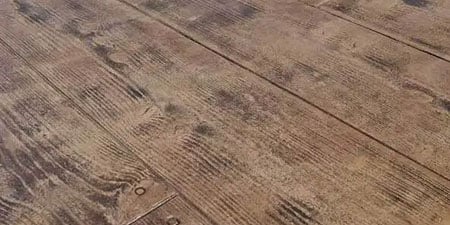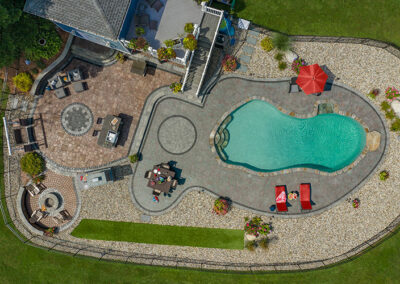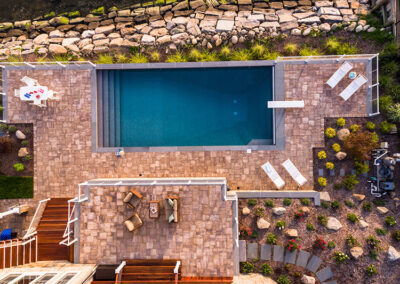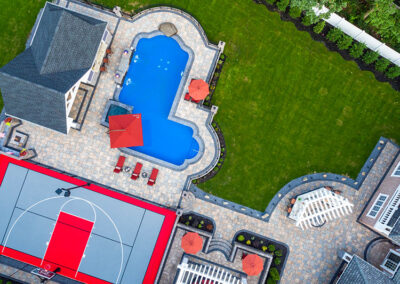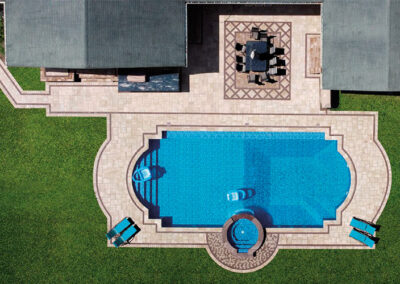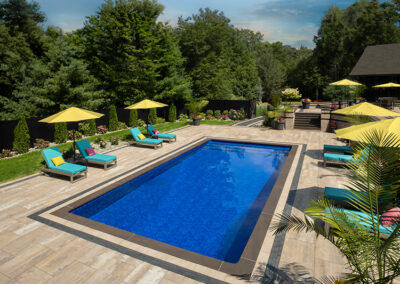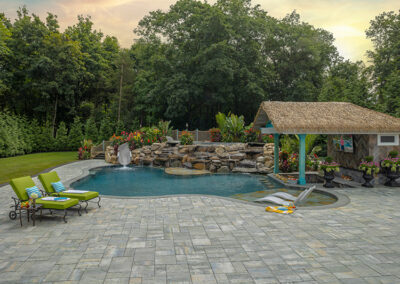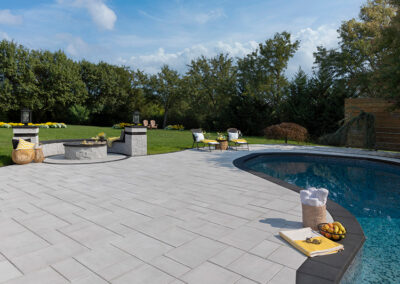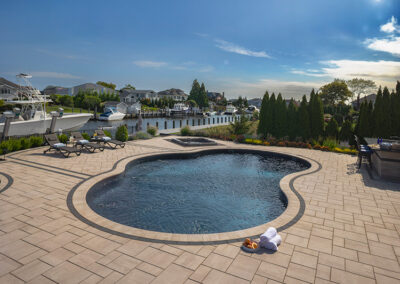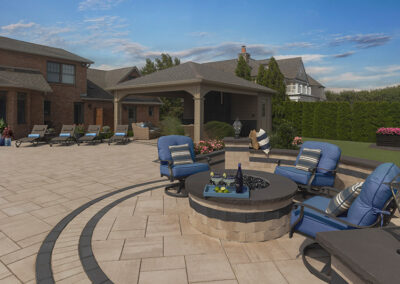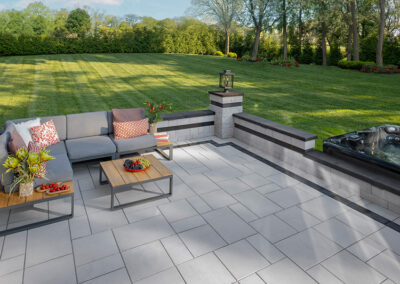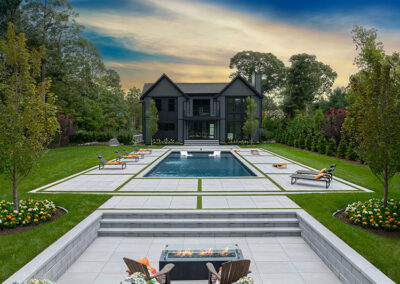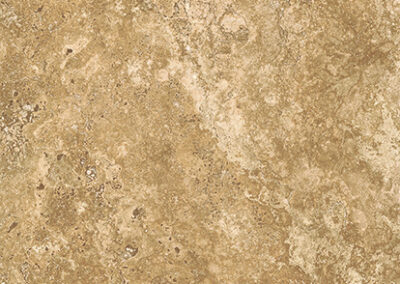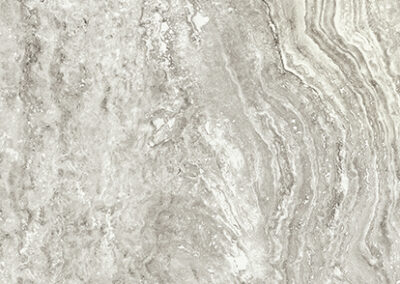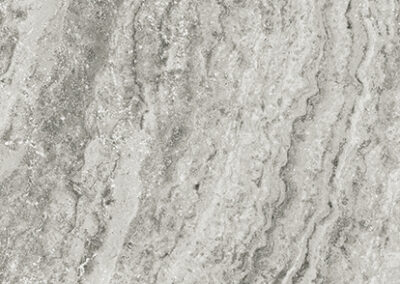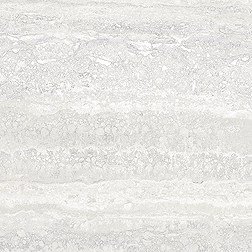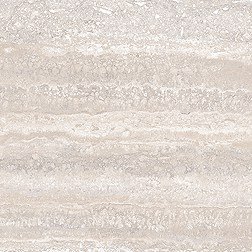Custom Designed & Built Swimming Pools For Louisiana & Beyond

Outdoor Creative Solutions is the perfect choice for new pool design and construction in Louisiana, offering a seamless blend of innovation, craftsmanship, and personalized service. With a reputation built on excellence, they specialize in creating custom pools that reflect each client’s unique vision, lifestyle, and the charm of Southern living. From initial concept to final installation, their team manages every detail with precision—incorporating advanced 3D designs, high-quality materials, and the latest in pool technology. Whether you’re looking for a resort-style oasis or a sleek modern retreat, Outdoor Creative Solutions delivers stunning results that elevate your backyard and add lasting value to your property.
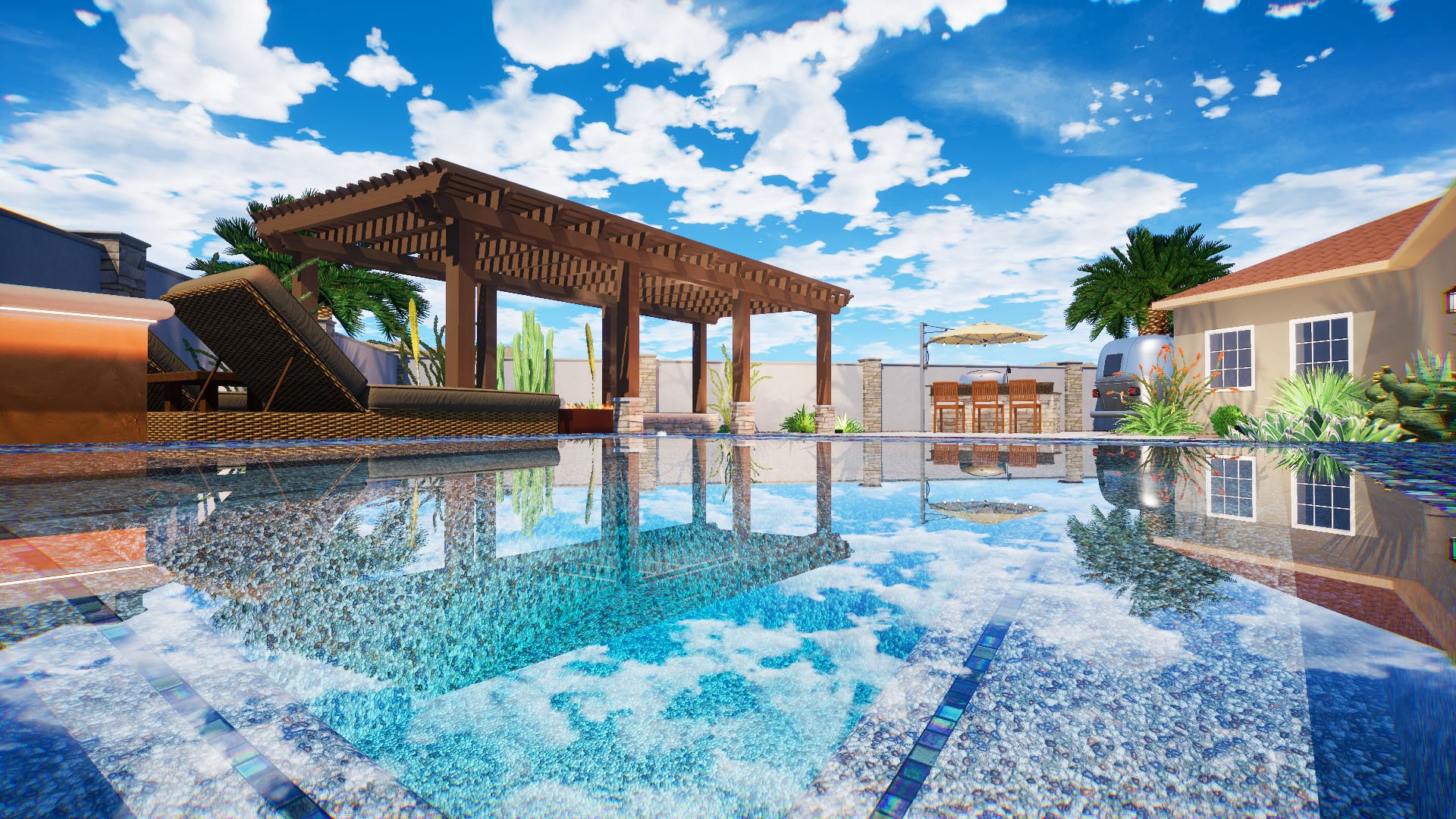
It All Starts With An IDEA
It all starts with an idea—a vision of the perfect backyard escape, a place to relax, entertain, and make lasting memories. At OCD (Outdoor Creative Designs), we take your inspiration and bring it to life with precision, creativity, and expert craftsmanship. Whether you dream of a sleek modern pool, a natural lagoon-style retreat, or a family-friendly haven, our team is here to guide you every step of the way. From concept to completion, let OCD help you turn your dream pool into a reality that’s as beautiful as it is functional.

1. Consider the Pool’s Surroundings
-
Landscape & Hardscape: Choose a color that complements your patio, deck, and surrounding greenery or architecture.
-
Sunlight Exposure: Light colors reflect sunlight and look brighter; darker tones absorb heat and give a lagoon-like feel.
2. Understand Water Color vs. Pool Finish Color
-
Water color is an effect—the finish you choose (white, blue, gray, black, etc.) affects how light reflects and refracts in the water.
-
Lighter finishes often result in sky blue or aqua water.
-
Darker finishes can give deep blue, teal, or even mirror-like appearances.
3. Explore Popular Finish Types
-
Plaster: Classic and affordable; available in various colors but has a shorter lifespan.
-
Quartz: Blended with plaster for more durability and a sparkly appearance.
-
Pebble: Offers texture and natural beauty with a long-lasting, high-end look.
-
Glass Beads: Creates dazzling, light-catching effects for a luxurious finish.
-
Tile (Ceramic, Glass, Stone): High-end and fully customizable with a sleek, clean feel.
4. Think About Texture and Comfort
-
Smooth finishes like plaster and tile are gentle underfoot.
-
Textured finishes like exposed aggregate provide grip and visual appeal, but may feel rougher.
5. Test Samples in Natural Light
Always view color samples with water and in sunlight. What looks great in a showroom may look different in your actual outdoor environment.
6. Factor in Maintenance and Longevity
-
Darker finishes may show calcium or chemical deposits more easily but retain heat better.
-
Lighter finishes may be easier to keep clean and show fewer blemishes.
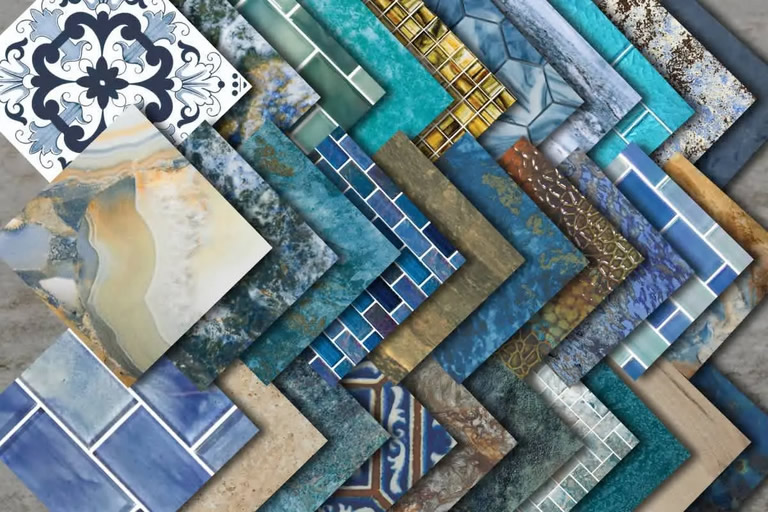
It’s Time To Consider Tile
Choosing the right pool tile involves balancing aesthetics, durability, and functionality to ensure a long-lasting and visually appealing finish. The first key component is material—glass, ceramic, porcelain, and natural stone are popular choices, each offering different textures, colors, and resistance levels. Glass tiles reflect light beautifully and create a high-end look, while ceramic and porcelain tiles are durable, versatile, and cost-effective. Next, consider slip resistance—especially for waterline, steps, or shallow areas—to enhance safety. Color and design play a crucial role in setting the tone of your pool; lighter colors give a clean, bright appearance, while darker tones add depth and a lagoon-like feel. It’s also important to evaluate maintenance needs—some materials may require sealing or more frequent cleaning to prevent buildup or fading. Lastly, ensure the tile is rated for submerged use and resistant to chemicals, UV rays, and frost (in colder climates). By carefully considering these elements, you’ll select a pool tile that complements your design vision while standing the test of time.
Don’t Forget About Your Pool Decking!
Stamped and Stained Concrete
Stamped and stained concrete offers the same benefits as regular concrete but with a significant upgrade in design. This option allows homeowners to incorporate intricate patterns and a variety of colors, giving the pool deck the appearance of more expensive materials like stone or brick, without the hefty price tag. Stamped concrete is poured in a liquid state and then imprinted with a stamp to create various patterns, while staining adds color to the concrete, either enhancing its natural hue or giving it a completely new look. This type of decking offers better aesthetics and can be made to mimic natural stones like slate or flagstone. Additionally, stamped and stained concrete is more resistant to cracking than regular concrete, but it does require resealing every few years to maintain its color and texture.
Pavers
Pavers are another popular option for pool decking, offering a more refined and high-end look compared to regular concrete. These interlocking stones come in a variety of materials, including concrete, brick, and natural stone, and offer endless design possibilities in terms of color, shape, and pattern. Pavers provide excellent durability and are more resistant to cracking than poured concrete because they can expand and contract with temperature changes. Additionally, the joints between the pavers allow for better drainage, preventing water from pooling on the deck. While pavers can be more expensive to install than concrete, their aesthetic appeal, longevity, and low-maintenance nature make them a worthwhile investment. However, they do require occasional maintenance, such as weed control between the joints and re-leveling if the pavers shift over time.
Travertine
Travertine is a luxurious natural stone that adds elegance and sophistication to any pool deck. Known for its beautiful appearance and smooth texture, travertine is available in a range of colors, from light beige to deep brown, and can be cut into tiles or slabs. One of the key benefits of travertine is its natural ability to remain cool even under direct sunlight, making it an ideal option for pool areas in hot climates. It is also highly slip-resistant, even when wet, which adds an element of safety around the pool. Although travertine is one of the more expensive pool decking options, it offers unmatched beauty, durability, and longevity, making it a worthwhile investment for those looking to create a luxurious outdoor space. However, travertine requires periodic sealing to protect against stains and weathering.
HOT WEATHER FRIENDLY
If you live in the South, you know that some materials can get so hot in the summer sun that they can easily burn bare feet. One of the wonderful things about travertine stone is that it keeps your feet cool and you don’t have to worry about your friends or family burning themselves.
Timeless natural beauty
Travertine has a natural variation in color and pattern that never goes out of style and evokes a sense of luxury and opulence.
Improves your home’s value
Buyers love to see a travertine patio or pool deck. Because of their classic beauty and durability, these pavers can boost your resale value.
Durable and reliable
A travertine deck lasts for a very long time. You can expect well-maintained pavers to last many decades. Some last over one hundred years. This stone can handle high residential traffic indoors or outdoors.
Regular Concrete
Regular concrete is one of the most commonly used pool decking materials due to its affordability and versatility. It provides a smooth, flat surface that is simple to install, making it a popular choice for homeowners on a budget. Concrete can also be customized in terms of color and texture, although it lacks the intricate design features that other options offer. While concrete is durable and long-lasting, it can crack over time due to shifting soil or weather changes, and it can become quite hot under the sun, making it uncomfortable to walk on in warmer months. Despite these drawbacks, regular concrete remains a solid choice for pool decks due to its straightforward installation and cost-effective nature.
